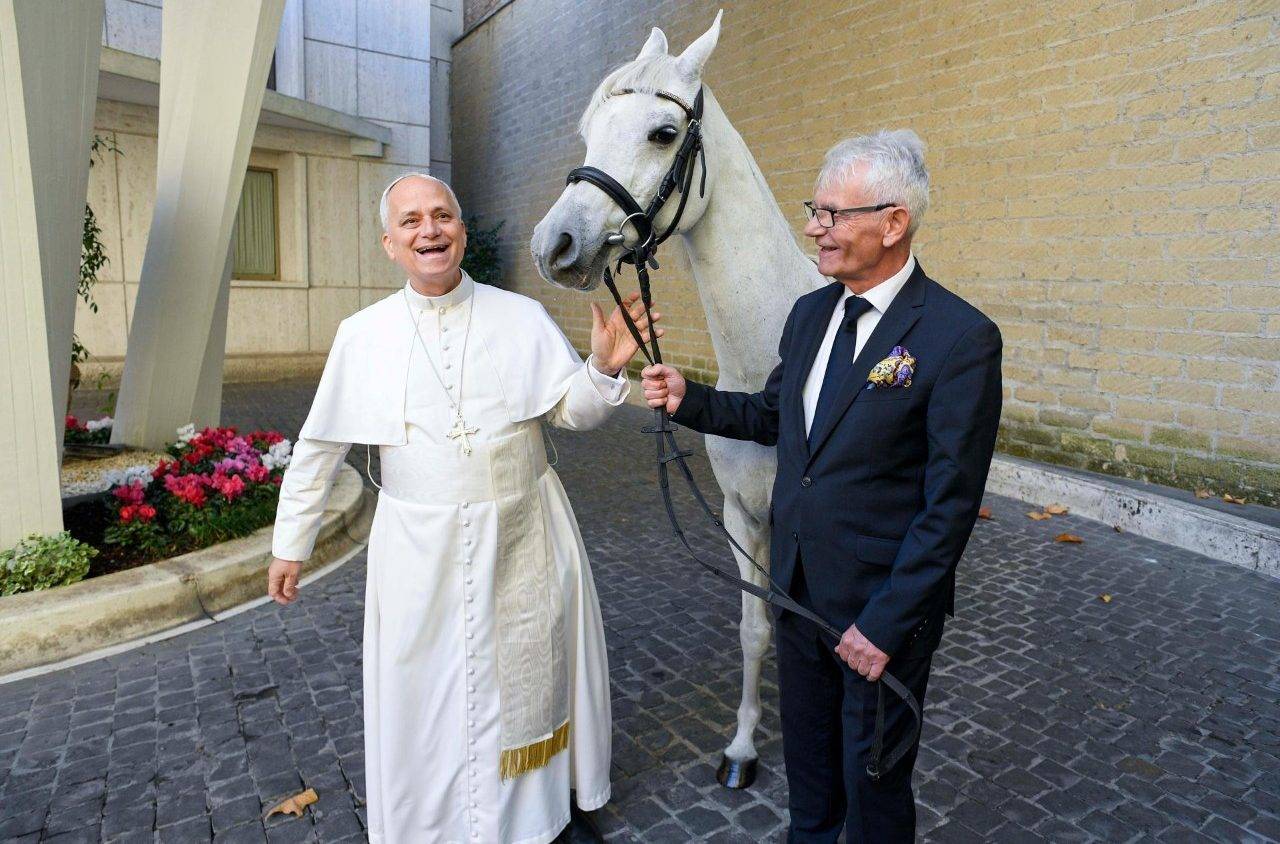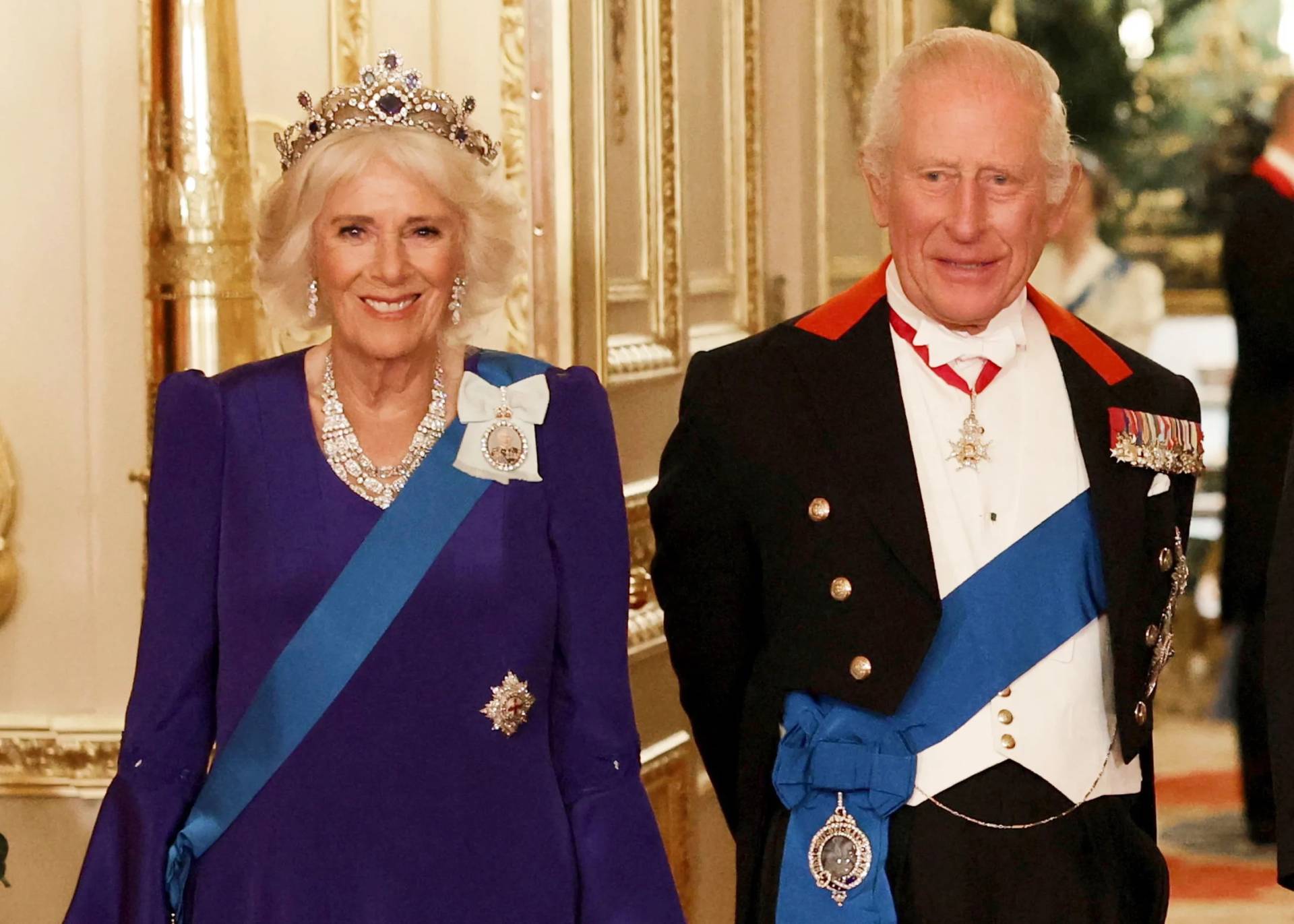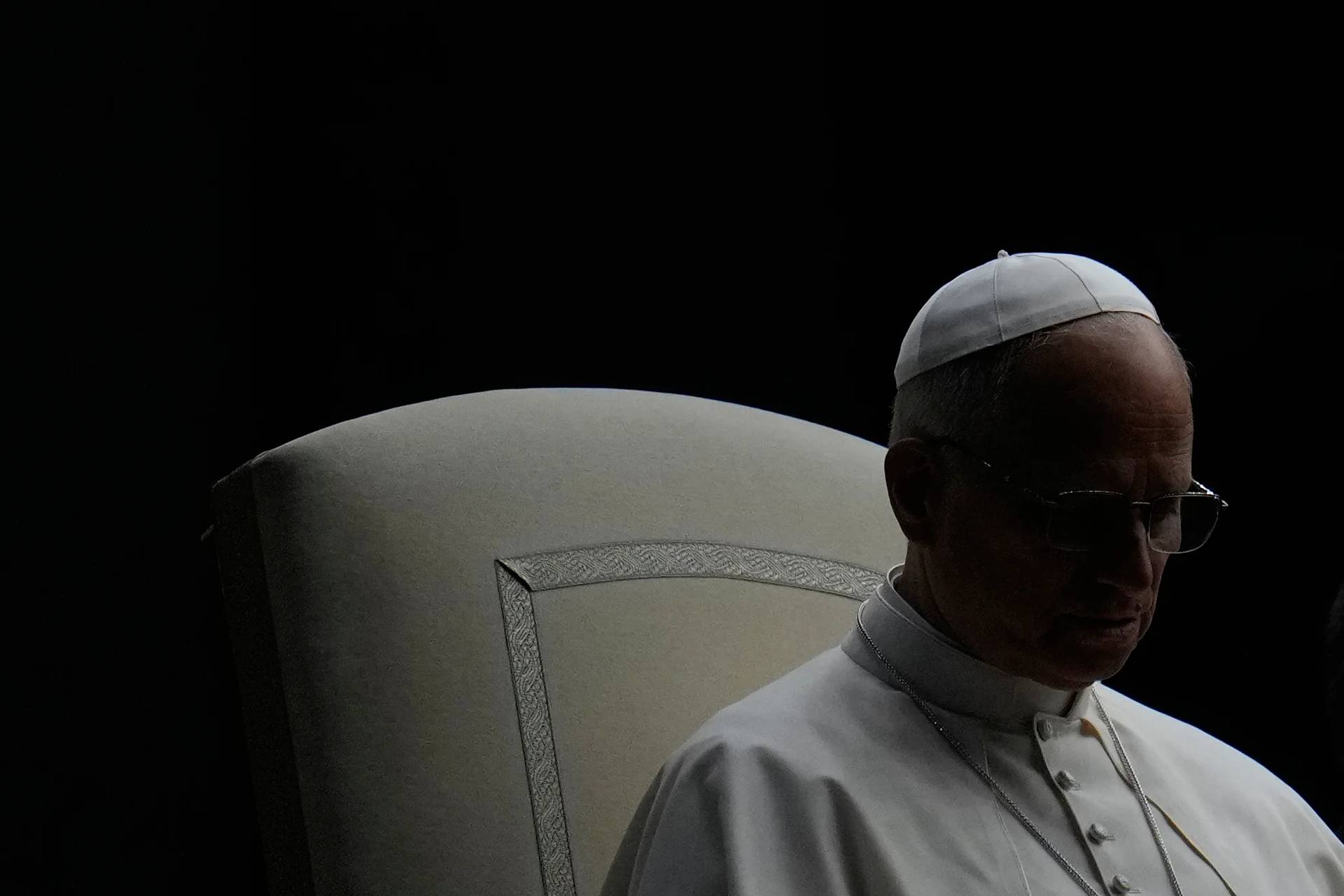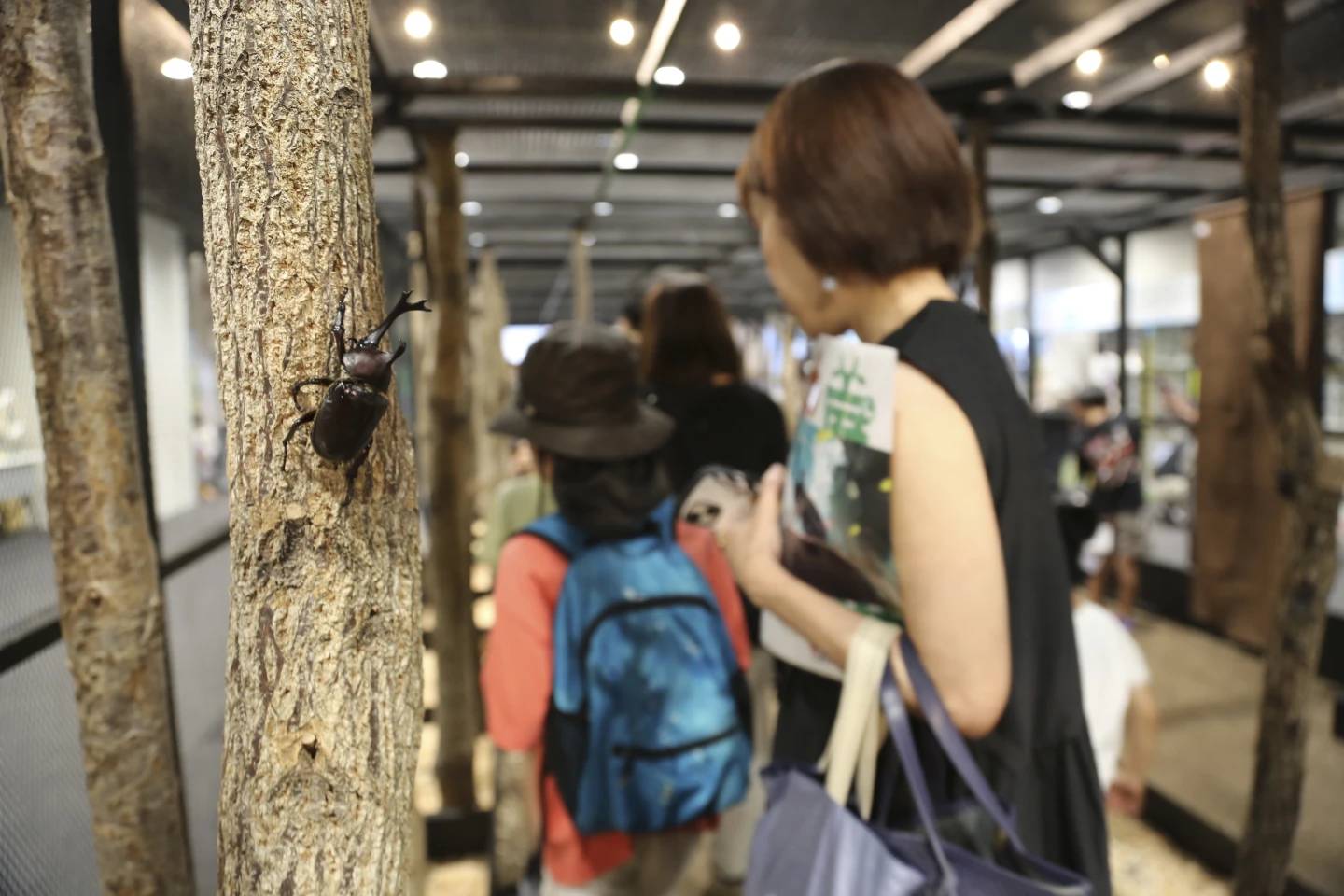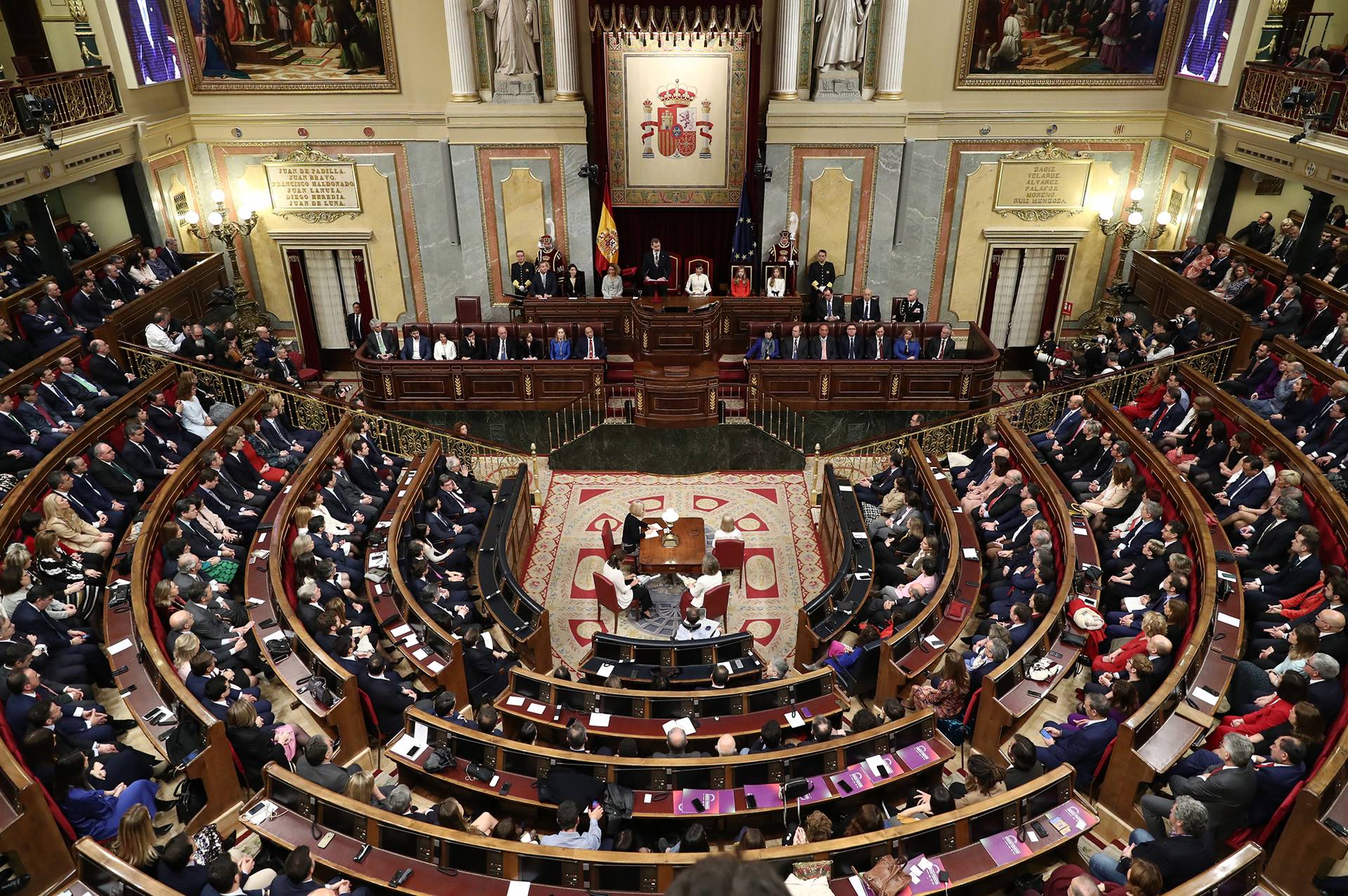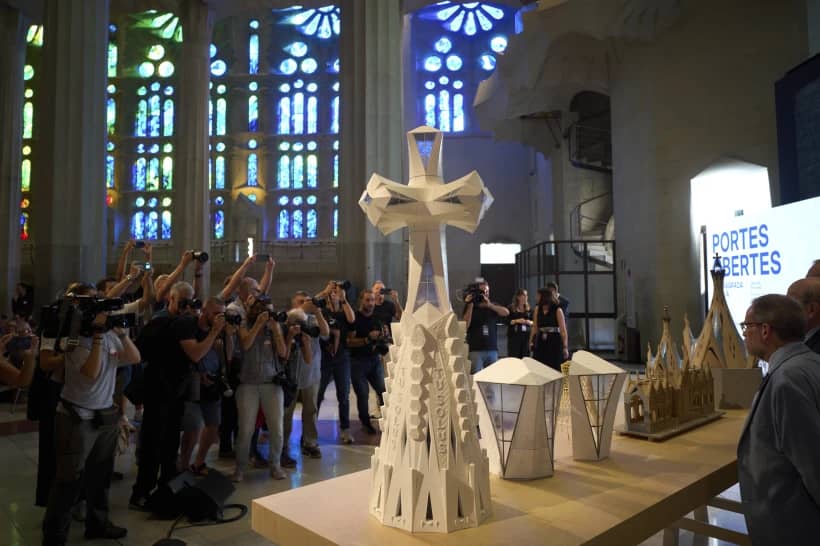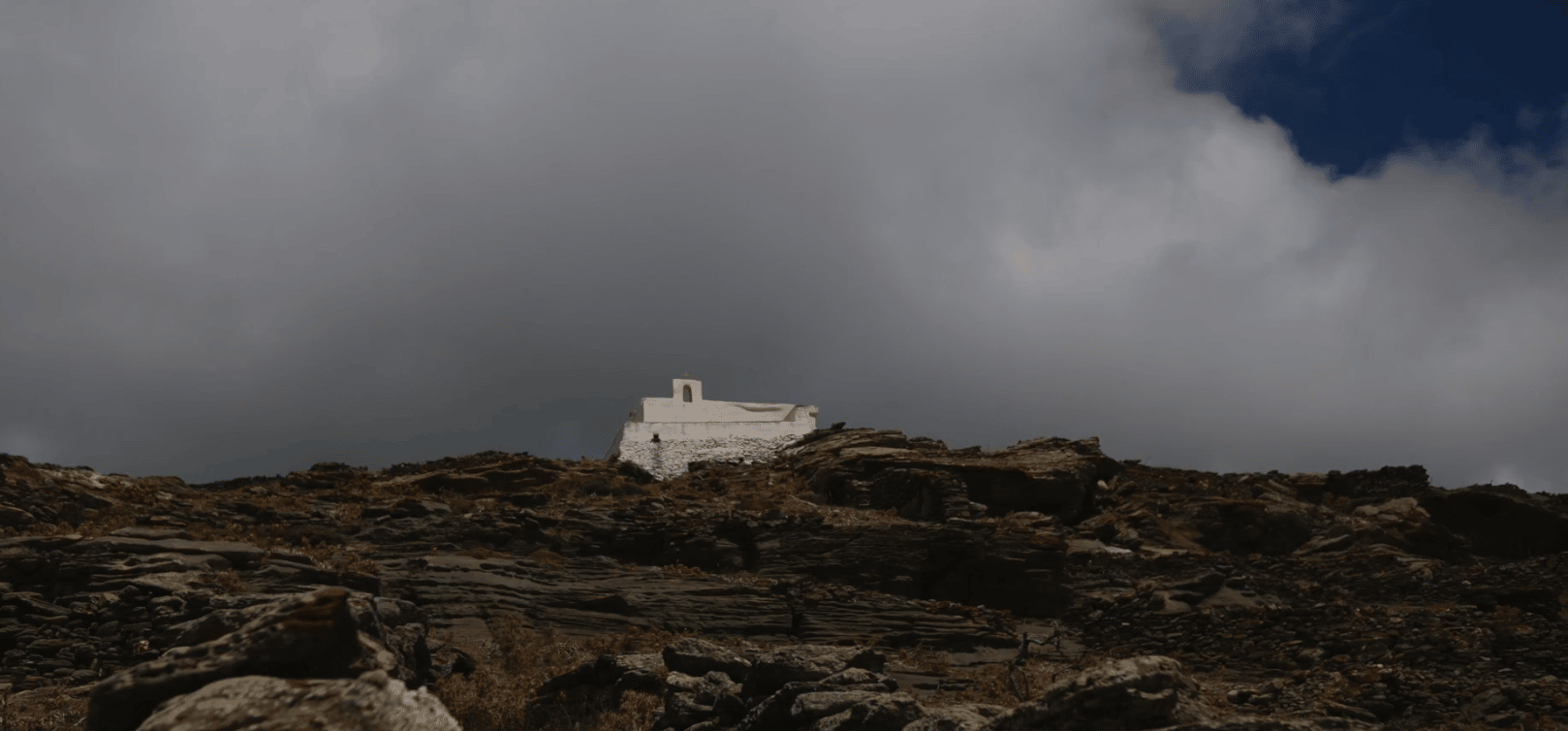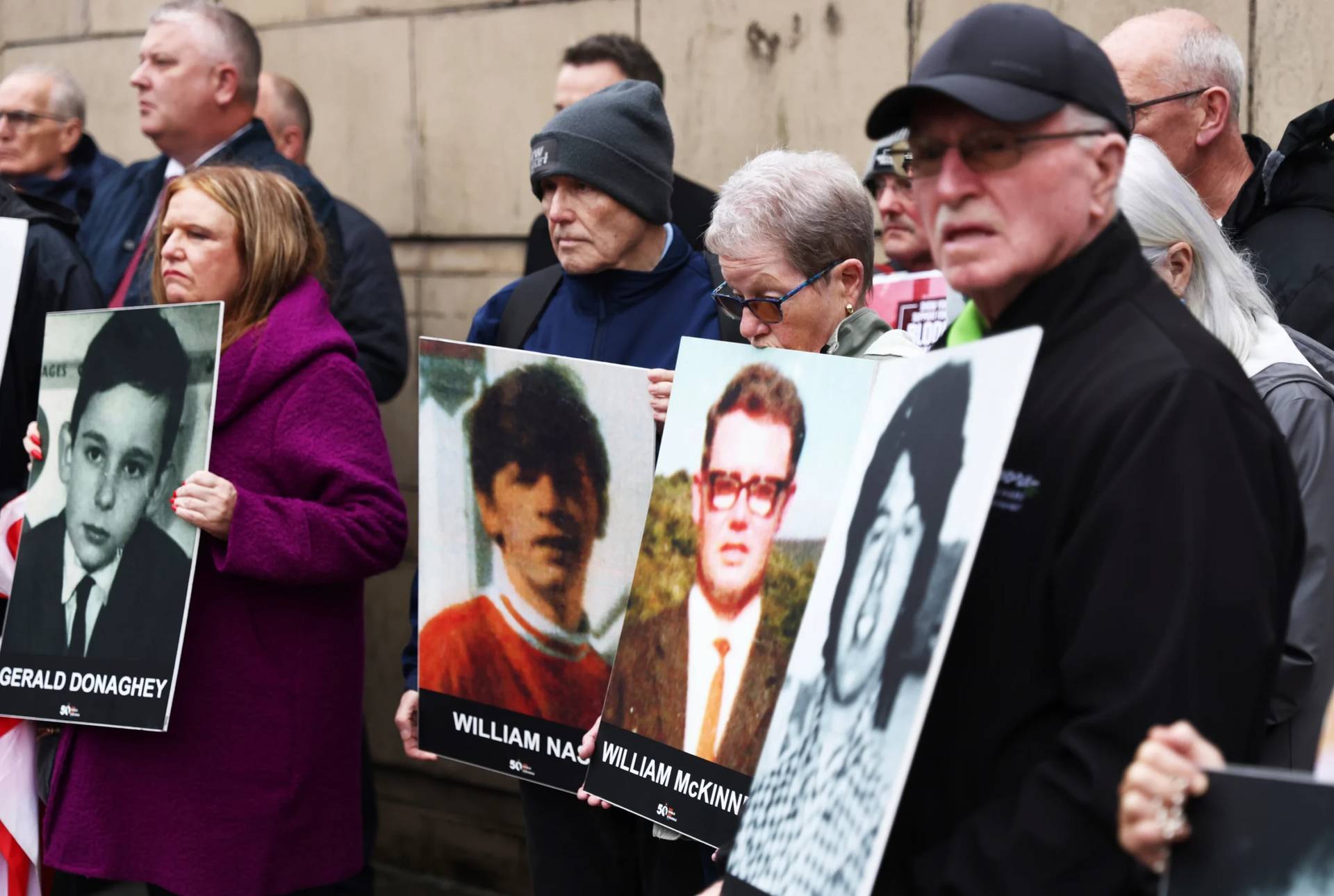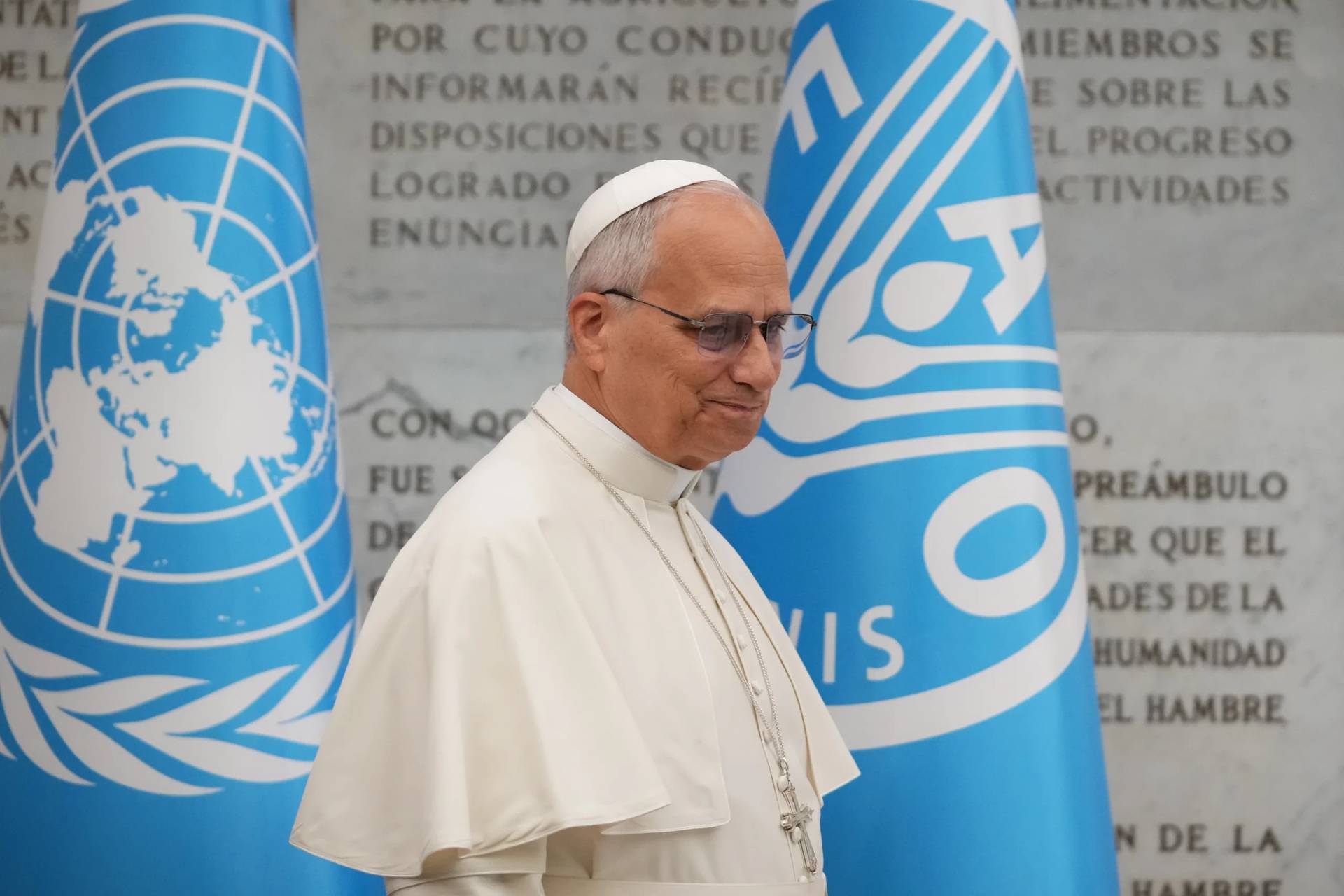It was right before Easter in 1944 – people from the village of Nazi-occupied Markowa in southeastern Poland were rushing to church for confession when they heard the rumors – the Ulma family was murdered.
For almost 2 years, the Ulmas secretly gave shelter to eight Jews, hiding them from the murderous Nazi regime. Wiktoria and Jozef Ulma had six children. The Nazis, informed by a local policeman that Jews were being hidden in the household, came early in the morning on March 24, 1944.
First, they killed all 8 of the Jewish fugitives. Then they shot Wiktoria and Jozef. Their six children – the oldest Stasia was 8-years-old – witnessed the death of their parents. Then the Nazis decided to kill the children, too.
There was one other victim, Wiktoria was 7-months-pregnant at the time of her execution. When her body was exhumed it was discovered she had begun to give birth due to the trauma.
In 1995, the Ulmas were given the title of Righteous Among Nations. In 2003, the process for their beatification was started.
On Nov. 28, during the general audience, Pope Francis remembered the Ulmas, highlighting that the family is “for all of us an example of remaining faithful to God and his Commandments, brotherly love and respect for human dignity.”
The exhibition “The Ulma Family. Honoring the Righteous” opened at the Pontifical Urban University in Rome a day before Francis’s remarks.
The Ulmas were not the only ones that protected Jews in the village of Markowa, or other parts of Poland, despite the fact Poland was the only country in occupied Europe where the death penalty was imposed for hiding Jews. Around 1,000 Poles, including women and children, were executed for hiding and helping Jews.
In 2016, the Museum of the Ulma Family, dedicated to the Poles who hid and protected Jews during the Nazi occupation, was opened in Markowa.
Dr. Mateusz Szpytma, now vice president of the Institute of National Remembrance, was a founder of the museum and is himself a descendent of a family that protected Jews during the war.
He told Crux that the motivations of those helping the Jews during World War II were always similar, according to witnesses: “how could we not help? Jews were exactly the same people as we were.”
“We don’t know exactly what was the motivation of the Ulma family, but we have their Bible in the museum. The excerpt marked by them at the time of their death was the parable of the Good Samaritan. So perhaps they were driven by the evangelical motive of loving their brothers,” said Szpytma.
Eugeniusz Szylar was 12 when the Ulma family, his neighbors, were murdered. Szylar’s parents hid seven Jews for 18 months, this time with a happier ending.
“Did I fear? I thought if my father is not afraid, then I have to be strong too. I was so attached to my parents that I believed them when they said we’re going to be okay,” he said in 2016.
He remembers the day the Ulmas were killed as the worst in his life.
The family hidden by the Szylars was the Weltz family – their descendants still live in Brooklyn, where they moved after the war.
Roman Kluz was 8-years-old when the tragedy happened. Wiktoria Ulma was his closest aunt – his mother was Wiktoria’s sister. The oldest daughter of the Ulma family was around his age.
“She was shot in March, soon we would go together to our first communion,” he said.
They were also in the same class in school.
“Once the teacher gave us a task – girls make the dolls and boys make the bed for the doll. Stasia asked me – ‘Will you do a bed for my doll?’ I was delighted as my father was a carpenter, and I had the equipment. So I made the bed. But I never handed it to Stasia. She was killed,” Kluz said.
Before the war, there were 120 Jews in Markowa: 29 Jews were helped and hidden by the inhabitants of the mostly-Catholic village, and 21 of them – 20 percent of the Jewish population of the town – survived the war.
Abraham Segal, who was saved by the Cwynar family Markowa, said in 2008 hat Mrs. Cwynar was like a mother to him.
“She welcomed me, an orphaned boy whose entire family was murdered, like her own,” he said.
Over 6,600 Poles hold the title of Righteous Among Nations, and an estimated 300,000 Polish people hid and helped Jews in their homes, despite the risk.
Among the most well-known is Irena Sendler, a Polish nurse who saved 2,500 Jewish children, secretly smuggling them from the Warsaw Ghetto.







